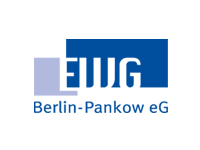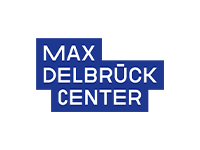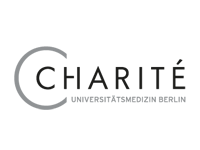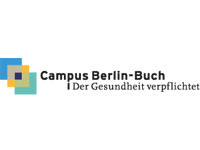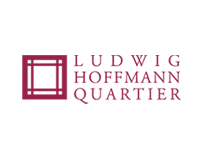MDC Max Delbrück Center for Molecular Medicine in the Helmholtz Association
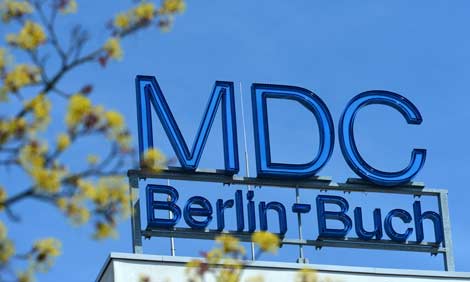
The Max Delbrück Center for Molecular Medicine in the Helmholtz Association (Max Delbrück Center) ranks among the top institutions in the world for basic biomedical research. Max Delbrück Center scientists use state-of-the-art methods of molecular biology and genetic engineering in order to understand the development of complex diseases at their origin, in the genes. On this basis, they seek to develop new methods to diagnose, treat and prevent diseases. Research activities at the Max Delbrück Center are divided into four main areas: cardiovascular and metabolic diseases, cancer, diseases of the nervous system and medical systems biology. Researchers collaborate closely with the Charité in the Experimental and Clinical Research Center and also with biotech companies located on Campus Berlin-Buch. The Max Delbrück Center currently employs approximately 1,800 staff members, including guest scientists, and has state-of-the-art technology platforms such as 7 Tesla ultra high field MRI, electron microscopy or bioinformatics.
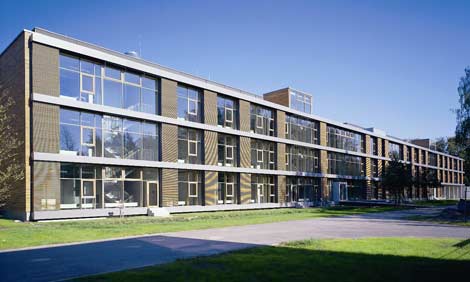
Leibniz Research Institute for Molecular Pharmacology (FMP)
How do diseases develop? Which drugs can specifically target and intervene in the biochemistry of the body? Research activities at the Leibniz Research Institute for Molecular Pharmacology (FMP), Germany’s only non-university research institute for pharmacology, are concerned with these questions. Chemists, biologists, pharmacologists, physicists and physicians collaborate closely to lay the basis for the development of future drugs.
The FMP cooperates with other Berlin research institutions such as the Max Delbrück Center for Molecular Medicine and Charité-Universitätsmedizin Berlin and is part of several research projects, such as the Neurocure cluster of excellence. The institute is also one of the initiators of the large-scale European project EU-OPENSCREEN, in which institutions from various European countries want to coordinate the search for new drugs, and part of the new European network “Instruct”, which seeks to link the highly sophisticated technologies in structural biology.
The institute has a staff of 300 employees and is a member of the Leibniz Association and the Forschungsverbund Berlin e.V. (Berlin Research Association).
News research
Leif Si-Hun Ludwig awarded professorship
Leif Si-Hun Ludwig has been awarded a prestigious Heisenberg professorship in stem cell dynamics and mitochondrial genomics by the the Berlin Institute of Health at Charité, a position funded by the G...
more ...Professorship awarded to Mina Gouti
Mina Gouti has been awarded a professorship at Charité – Universitätsmedizin Berlin. The appointment will strengthen her pioneering organoid research at the Max Delbrück Center and deepen collaboratio...
more ...Pentixapharm publishes positive Phase II data on Pentixafor PET diagnostics
The study confirms PENTIXAFOR-PET as a non-invasive alternative to adrenal vein catheterization in primary aldosteronism
more ...Events Campus
18.03.2026, 08:30
vocatium Berlin focus 2026: Fachmesse für Ausbildung+Studium
Entdecke berufliche Möglichkeiten, informiere dich und sprich mit Expert:innen über Einstieg, Voraussetzungen und Bewerbung.
more ...20.03.2026, 08:45
Einladung: UniStem Day für Berliner Schülerinnen und Schüler aus Biokursen
Das German Stem Cell Network (GSCN) lädt die an Biologie interessierten Berliner Schülerinnen und Schüler (Biologie-Leistungskurse und Grundkurse) mit ihren Lehrkräften herzlich zum UniStem Day – zum ...
more ...22.09.2026, 09:00
GMP Biotech Summer School
Knowing and applying the Good Manufacturing Practice (GMP) regulations is one of the key elements in the manufacture of medicinal products for clinical trials and on an industrial level.
more ...
